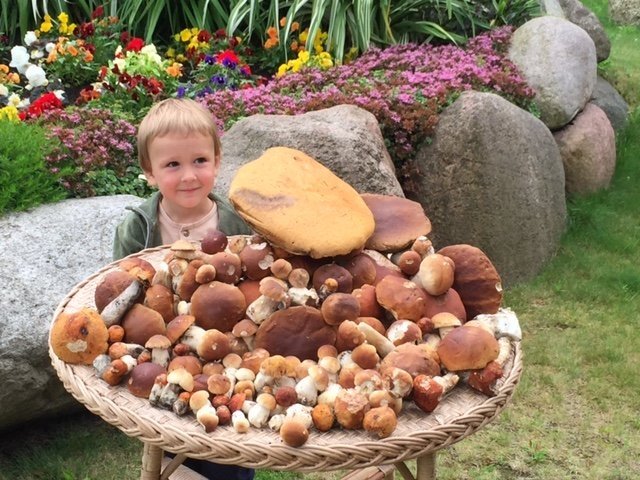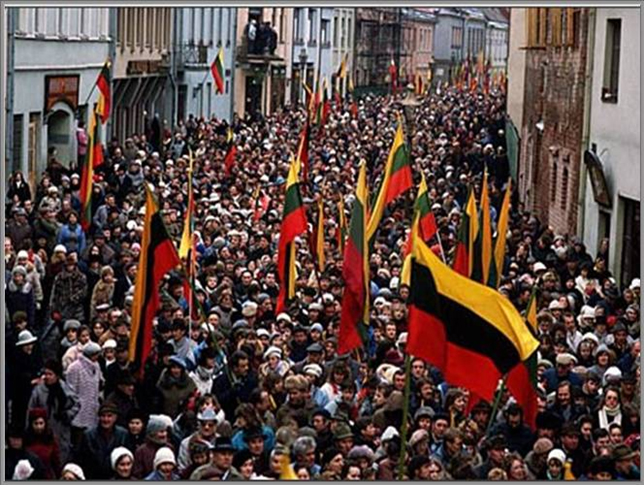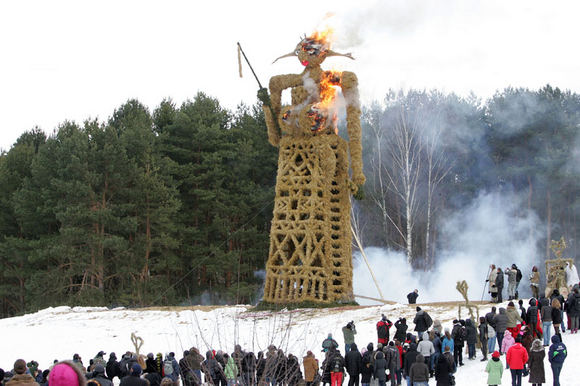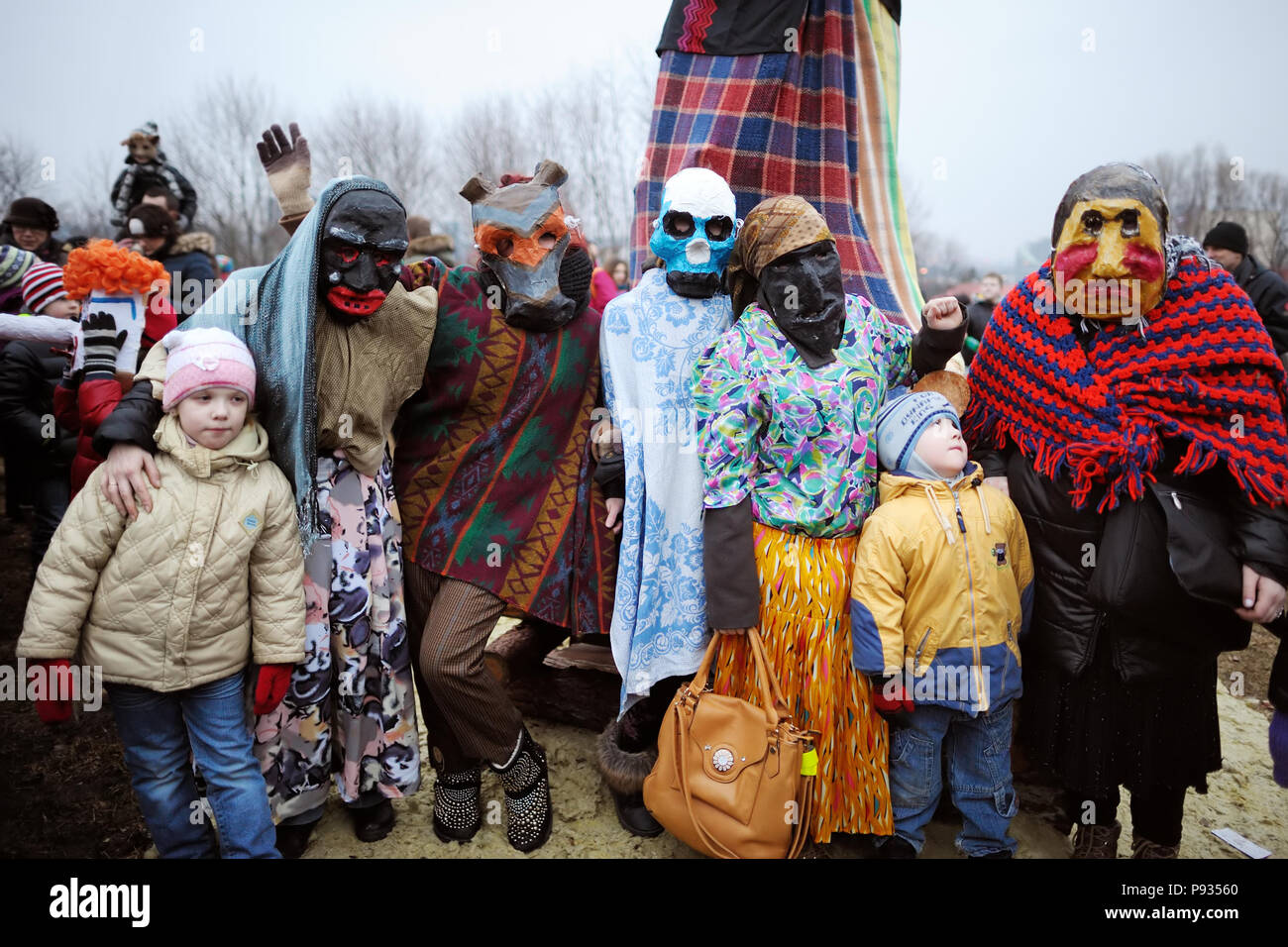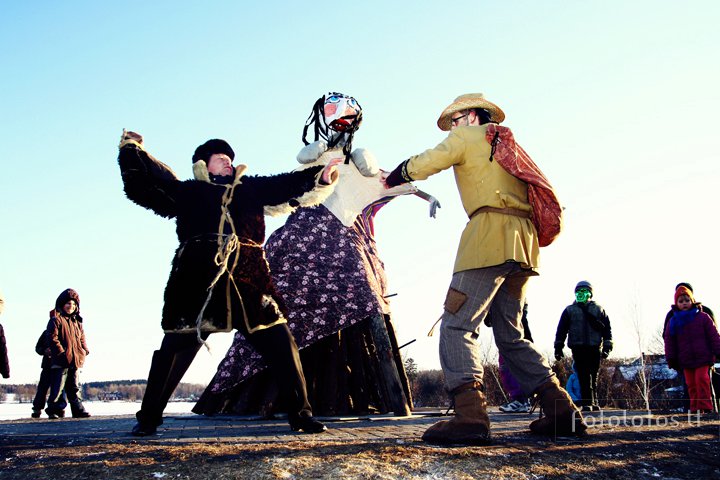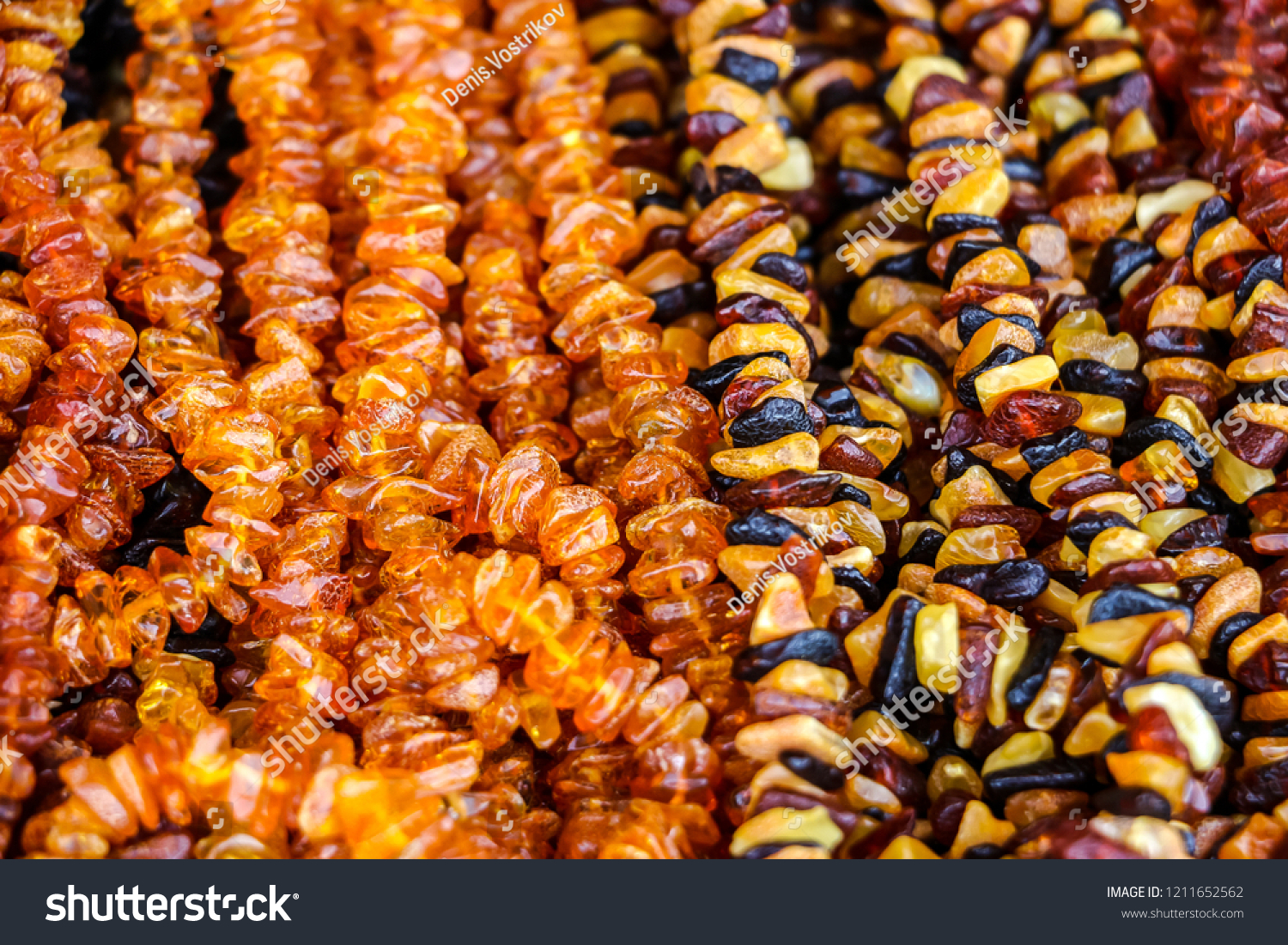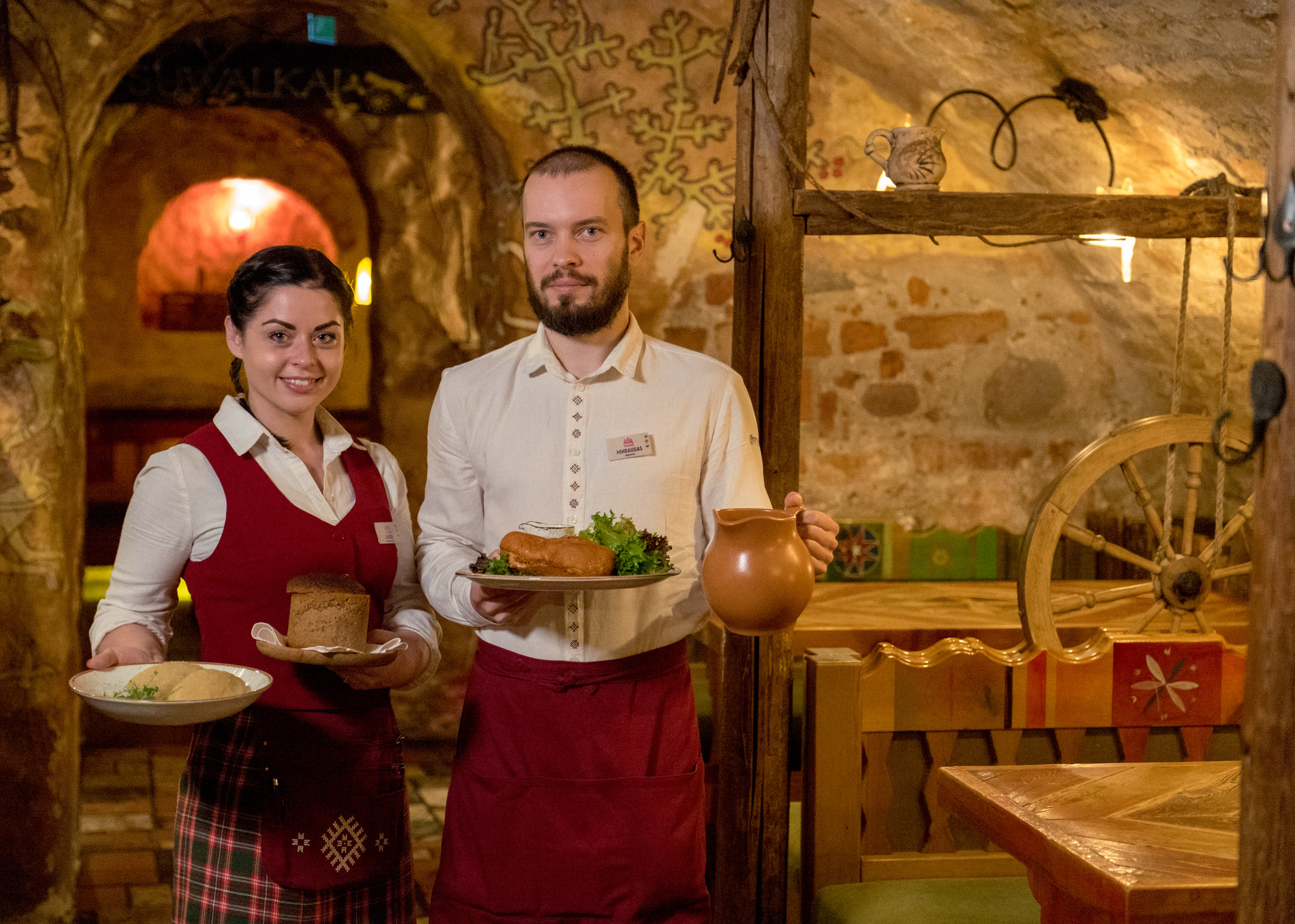As a kid, I’d count down the days until we’d be able to drive to the airport and take the plane to Lithuania. I did that all throughout middle school and high school, and I would this year too if it weren’t for corona:( But anyways, before the flight, I’d fill up my entire suitcase with my stuffed animals and dolls and help my mom pick and pack gifts for our relatives. They weren’t typical gifts though. We’d get them special vitamins, spray cooking oil, chocolate covered raisins, and Mrs. Dash spices, all of which are things we find easily but they never did. I’d pick my favorite Lithuanian shirt to wear so that everyone in the airport would know where I’m flying to, stuff myself with some last minute leftover kugelis, and together with my family embark. We’d be greeted at the airport in Vilnius with all my grandparents, cousins, aunts and uncles. Each one of them had a bouquet in their hands to give to us, I’d always leave the airport feeling as if I won the Olympics. We’d be crying and screaming for the entire airport to hear. Everyone that looked at us knew we had flown a long way to see our family that we hadn’t seen in a long time.
Every summer I spent there was spent with love. The bestest memories and the greatest laughs always come from there. I always come back 15 pounds heavier, with my grandmother having stuffed me with the best food in the world. As a kid, I’d spend hours on the sand of lake Kastinis, watching my uncle and cousin catch fish and waiting for my aunt to make her special mushroom soup. We’d walk around in the forests and take in life as it was truly. We’d visit our friends and buy eggs and milk from them, and I’d always play with their cats and dogs. In the city, we’d go to church in Bernardinai every single Sunday and have coffee afterwards. I’d always have hot chocolate of course. We’d climb Gedimino Pilis and watch the sunset in the afternoons, or walk along the Neris at night. I’d spend nights at my grandparents garden house and play in the kiddy pool they’d fill for me, but stopping at times to go look for frogs in the bushes. I’d visit my other grandmother in Moletai, where my father grew up. There, I’d meet up with my little cousins from Denmark and we’d play basketball and skateboard all day before coming home to a night supper of blueberries and milk. We’d dive into the lake and soak in the glorious sun, while trying to catch the ducks on the shore. I’d spend many nights with my aunt listening to her talk about her life experiences and hear out her lessons. I’d play chess with my grandfather and listen to his wisdom, while my grandmother would teach me how to cook her ancient old recipes that I’ll never be able to perfect. We’d sit at night and they’d tell me the stories of their childhood and of war and of how life used to be. I still visit Lithuania every summer, and nothing changes. My grandparents have said the same stories hundreds of times but I still listen to them as if its the first time I’m hearing them. Me and my cousins have grown up but we still spend our days playing basketball and goofing around with the ducks. The Kastinis lake has since grown over with weeds, and there are less fish in it than there used to be, but the sun still shines as beautifully as it did when I was a kid. The Neris has become more shallow and polluted, and the trees around it have grown so tall I cant see it from the window anymore, but we still enjoy those strolls. We go to church every Sunday, and I still see the same two ladies sitting in the same exact spots in the front row as I did when I was a kid! I drink coffee now instead of hot chocolate though. I take my aunts advice to this day. My grandparents have more wrinkles around their eyes and a few extra gray hairs, but their wisdom never fails to amaze me. Everything has changed since I was a kid, but at the same time, it hasn’t. I go back every summer and feel like a child again. I know that no matter how old I live to be, I’ll come back to Lithuania and remember those days of my youth. I’ll be revived by these memories as long as I live.




